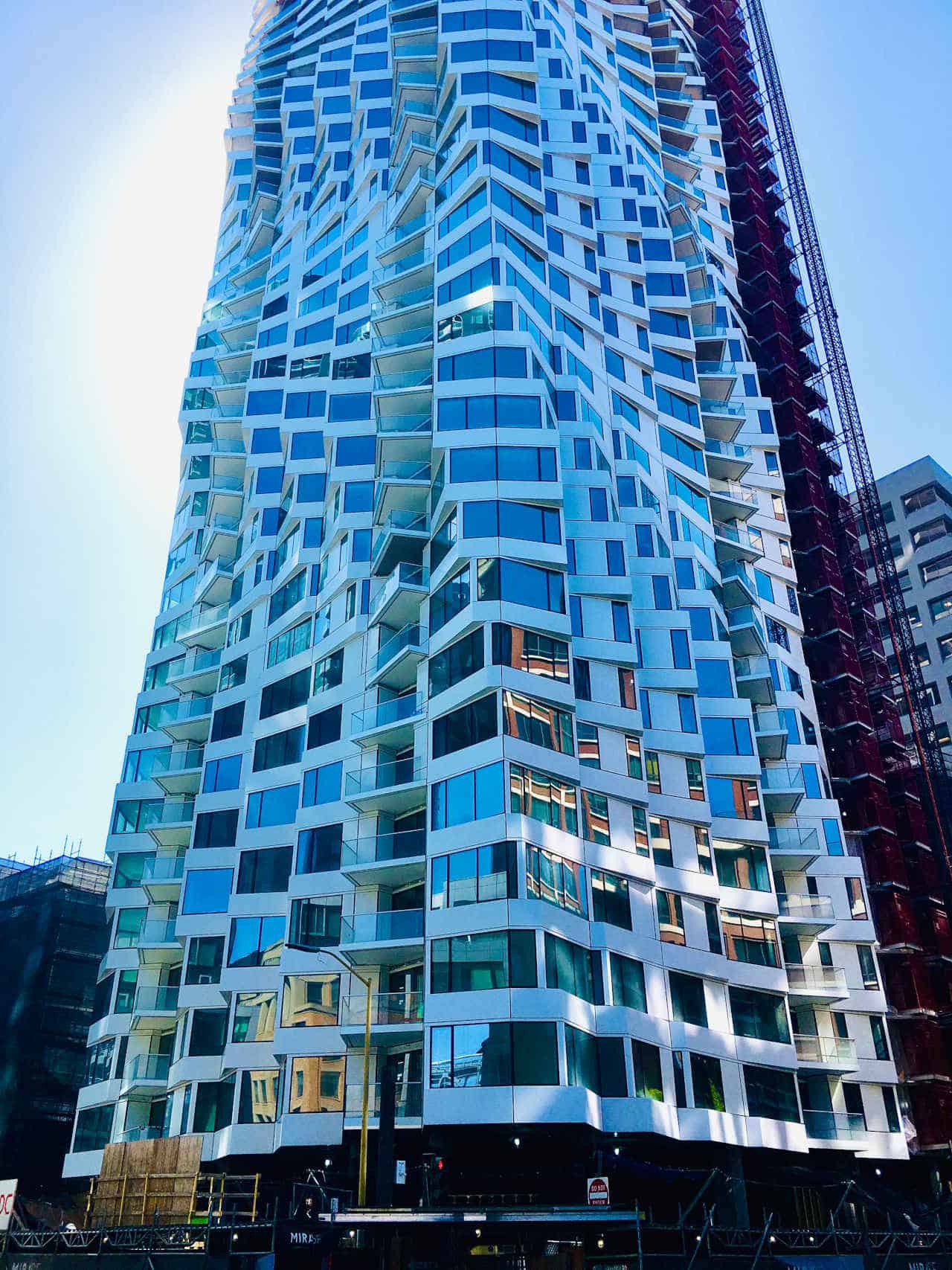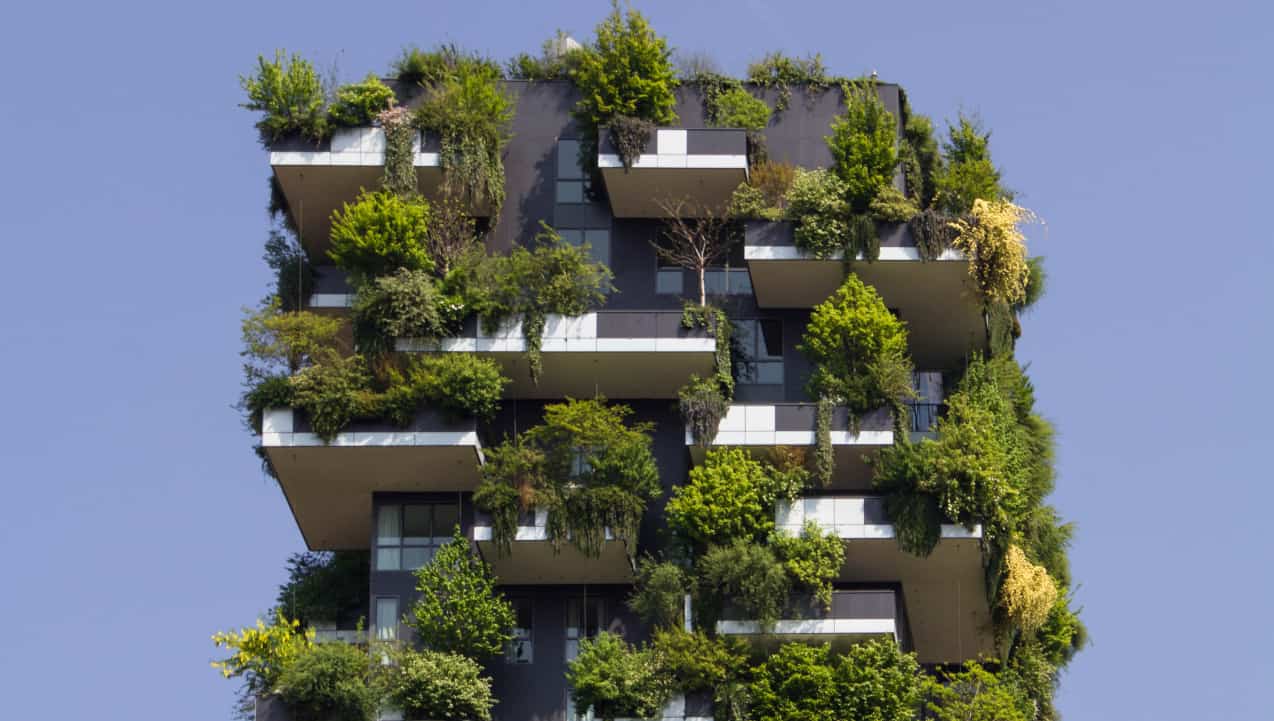If you’ve always wanted to grow your wealth, chances are that one of the first investments you’ll encounter is real estate. There’s a good reason for this: it’s seen as a lucrative avenue, whether you’re an individual or an organization. However, if you have not noticed yet, there has been a shift in the industry towards sustainable real estate investments.
Related: Get your financial plan together for a successful 2023
Private equity firms, in particular, have been loud about their support for sustainable development in this sector, recognizing the importance of environmental and social responsibility.
In this article, we will explore the growing focus of private equity on sustainable real estate investments and the benefits they offer to both investors and society as a whole.
What is the role of private equity in sustainable real estate?
Private equity firms have become major players in this field as they leverage their financial capital, industry knowledge, and extensive networks to identify and invest in projects that align with sustainable principles.
These firms actively seek out opportunities that generate attractive financial returns while also having a positive impact on the environment and communities.
Environmental considerations in sustainable real estate investments
Energy efficiency and green building practices
One of the key focuses of private equity firms in sustainable real estate investments is promoting energy efficiency and green building practices.
They prioritize properties that incorporate energy-efficient technologies, such as solar panels, smart building management systems, and advanced insulation. Effectively reducing energy consumption and carbon emissions means that these investments contribute to mitigating climate change.

Photo by Zac Gudakov on Unsplash
Renewable energy integration
Private equity investors also recognize the potential of integrating renewable energy into real estate projects.
They actively seek opportunities to invest in properties that harness clean energy sources like solar, wind, or geothermal power. Such initiatives not only reduce dependence on fossil fuels but also create additional revenue streams through energy generation and distribution.
Water conservation and management
Worldwide, water scarcity has become a growing concern. When it comes to sustainable real estate investments, hiring an expert plumber becomes essential as we delve into how their expertise in eco-friendly plumbing solutions aligns with private equity’s focus on environmental and social responsibility.
This is because private equity firms place emphasis on real estate projects that implement water conservation and management practices. These include the installation of water-efficient fixtures, rainwater harvesting systems, and drought-resistant landscaping.
By reducing water waste and promoting responsible water use, these investments contribute to the preservation of this vital resource

Photo by Ralph (Ravi) Kayden on Unsplash
Sustainable land use and preservation
Private equity investors in sustainable real estate also prioritize projects that promote sustainable land use and preservation. They support initiatives that protect natural habitats, conserve biodiversity, and minimize environmental impact.
These investments often involve rehabilitating brownfield sites, repurposing existing structures, and incorporating green spaces within urban developments.
Social responsibility in sustainable real estate investments
Affordable housing initiatives
Private equity firms recognize the pressing need for affordable housing in many communities.
Because of this, they actively invest in projects that aim to address this issue by developing affordable housing units or renovating existing properties to make them more accessible. Investments like these provide safe and affordable housing options that contribute to fostering social equity and reducing homelessness.
Related Posts
- Wealth Management: The 12 Best Retirement Stocks To Buy Now
- Three Upcoming Economic Events Every Investor Should Know About
- Wealth Management: New Year, New Cryptocurrency Opportunities
- How To Make Good Investment Decisions and Maintain Your Wealth
- Cryptocurrency News: David Beckham Signs Up With Digitalbits Block
Community development and empowerment
In addition to affordable housing, private equity firms focus on community development and empowerment.
They invest in projects that create vibrant and inclusive neighborhoods, incorporating amenities like parks, schools, healthcare facilities, and cultural spaces. These investments enhance the quality of life for residents, promote social cohesion, and empower communities to thrive.
Health and well-being enhancements
Private equity’s emphasis on social responsibility extends to the promotion of health and well-being through sustainable real estate investments.
They prioritize projects that prioritize features like indoor air quality, access to natural light, and spaces that encourage physical activity. These investments create healthy living environments that contribute to improved public health and well-being.

Accessibility and inclusively measures
Private equity investors also recognize the importance of accessibility and inclusivity in real estate projects.
They actively support initiatives that incorporate universal design principles, making spaces accessible to people of all abilities. These investments ensure that individuals with disabilities can fully participate in society, promoting equal opportunities and social integration.
Financial benefits of sustainable real estate
Aside from their environmental and social benefits, sustainable real estate investments also offer financial advantages, such as:
- Higher Occupancy Rates: Properties with sustainable features tend to attract tenants and buyers, leading to reduced vacancy rates and a steady stream of rental income or faster sales.
- Lower Operational Costs: By incorporating energy-efficient technologies, such as smart building management systems and LED lighting, sustainable properties can significantly reduce energy consumption and utility expenses. Water-saving fixtures and sustainable landscaping further contribute to lower water usage and associated costs.
- Increased Market Value: As sustainability becomes a more important factor in property valuations, sustainable assets tend to appreciate in value over time. Regulatory frameworks and government incentives that promote sustainable development can further drive up market value.
Private equity firms actively capitalize on these financial benefits by creating investment portfolios that align profitability with sustainability. They recognize the long-term viability and attractiveness of sustainable real estate investments, positioning themselves at the forefront of the evolving market while contributing to a more sustainable future.
Wrapping up
Private equity firms have embraced sustainable real estate investments as a means to drive positive change while generating favorable financial returns. By considering environmental and social factors in their investment strategies, they contribute to the development of a more sustainable and inclusive future.
For more articles on building wealth and understanding the trends of the real estate market, check out Regarding Luxury!








